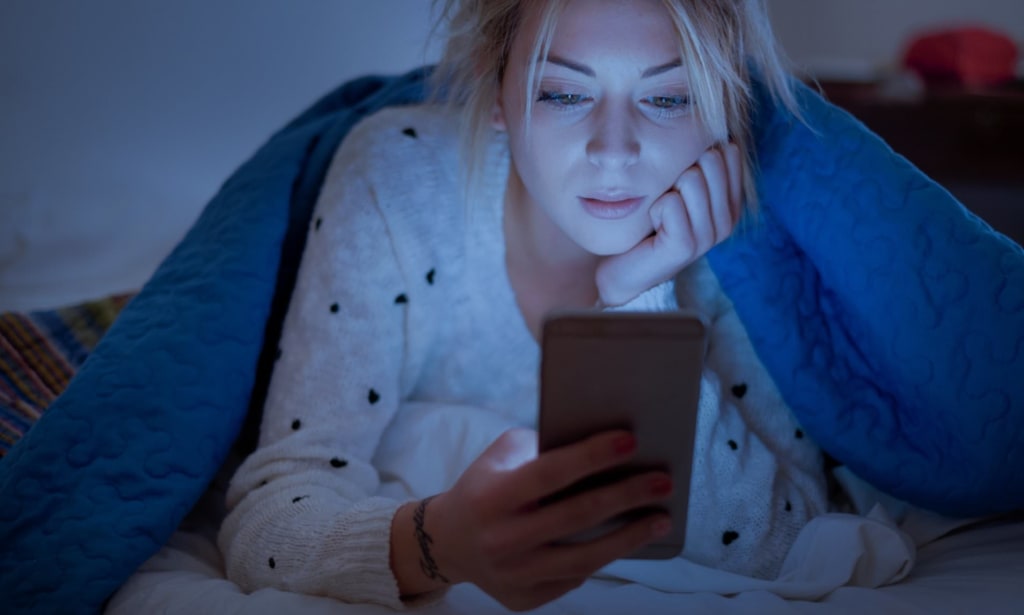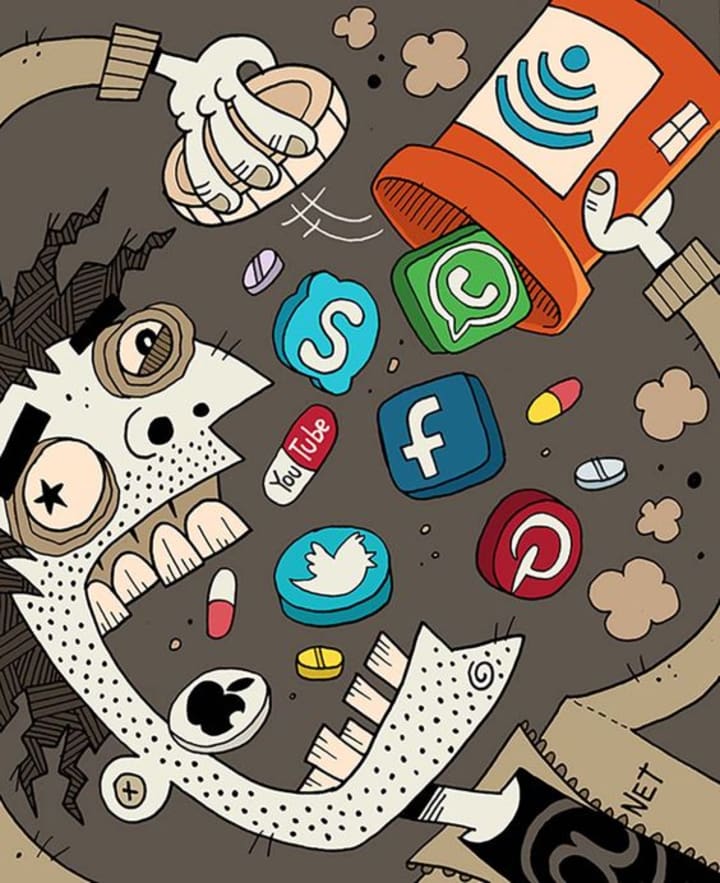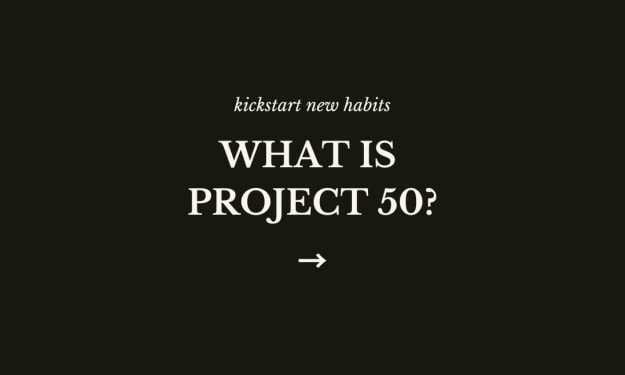The Loneliness Epidemic
How Social Media is Destroying Our Mental Health and Social Life

Have you ever wondered why social media is so addictive? Why do we keep scrolling through our feeds for hours on end, even when we know it's not good for us? The answer lies in the hard hit of dopamine we get every time we receive a notification or a like. It's a quick and easy way to feel good, but it comes at a cost. The more time we spend on social media, the worse our mental health and social life become. In this article, we'll explore the negative effects of social media on our mental health and social life, and what we can do to break free from the addiction.
The Loneliness Epidemic

We are living in the loneliest generation in human history. Despite the constant connection we have through social media, it seems that we are more disconnected from each other than ever before. We are constantly connected to our devices, but we are not truly connected to the people around us.
Social media may seem like the solution to our loneliness, but it's not. The social connections we make through social media are not as meaningful as the connections we make in person. It's easy to hide behind a screen and present a curated version of ourselves to the world. We may have hundreds of "friends" and "followers," but how many of them are truly meaningful connections that we can count on in times of need?
Social media can even exacerbate feelings of loneliness and isolation. Seeing other people's highlight reels can create a sense of FOMO (fear of missing out) and make us feel like we're not living up to the expectations of others. It can be hard to remember that what we see on social media is often just a carefully curated version of reality.
It's important to recognize that social media is not a substitute for real-life connections. The loneliness epidemic is a real problem, and we must take steps to combat it. We need to prioritize real-life connections and make an effort to connect with people in person. By doing so, we can build meaningful relationships that will enrich our lives and help us feel less alone in the world.
The Negative Effects of Social Media on Mental Health
While social media has its benefits, it's important to acknowledge the negative impact it can have on our mental health. Social media addiction, particularly, can lead to depression, anxiety, and other mental health problems. Spending hours scrolling through our feeds can be a form of escapism, but it's not a sustainable way to deal with the stresses of everyday life.
One of the biggest problems with social media is the constant comparison to others. We see the highlight reels of other people's lives and compare them to ours, leading to feelings of inadequacy and low self-esteem. It's easy to forget that social media is just a small part of someone's life and that people are only showing us what they want us to see.
The curated lives that people present on social media can also create a false sense of reality that makes us feel like we're missing out on something. We see people posting pictures of their perfect bodies, their amazing vacations, and their successful careers, and it can make us feel like we're not measuring up. This can lead to feelings of sadness, envy, and even depression.
It's important to remember that social media is not a reflection of reality. It's a curated version of reality that people present to the world. We need to be mindful of the impact that social media is having on our mental health and take steps to protect ourselves. This might mean taking a break from social media, limiting our screen time, or seeking help if we're struggling with mental health issues.
The Negative Effects of Social Media on Social Life
In addition to the negative impact on mental health, social media can also have a detrimental effect on our social lives. While social media may give us the illusion of being connected to others, it can make us more isolated and disconnected from the real world.
On social media, we may have hundreds or even thousands of "friends," but that doesn't necessarily translate to meaningful connections in real life. Studies have shown that the more time people spend on social media, the less satisfied they are with their real-life relationships.
One of the problems with social media is that it can create a false sense of socialization that makes us less likely to seek out real-life connections. It's easy to get caught up in the virtual world of social media, where we can easily interact with others without ever leaving our homes. This can make it harder for us to form genuine connections with people in the real world.
Furthermore, the connections we make on social media are often shallow and superficial, lacking the depth and complexity that come with face-to-face interactions. We may feel like we know a lot about someone based on their social media profile, but that's not the same as truly getting to know someone in person.
Breaking Free from Social Media Addiction

While social media can have negative effects on our mental health and social lives, for some, completely cutting themselves off from it may be the best solution. However, for those who choose to continue using social media, it's important to be mindful of its potential negative effects and take steps to minimize them.
Deleting social media can be helpful for some, but it's not the only solution. We can also limit our time on social media by setting specific times to check it and avoiding scrolling mindlessly. We can also turn off notifications to reduce the constant pull towards our phones and social media apps.
Additionally, it's important to prioritize real-life connections and make an effort to connect with people in person. This can include joining clubs or groups that align with our interests, attending events, or simply spending time with friends and family. By investing in these connections, we can create meaningful relationships that can support our mental health and improve our overall well-being.
----------------------------------------------------------------------------------------
Social media has its benefits, but we must be aware of the negative effects it can have on our mental health and social life. The constant scrolling and comparison can lead to feelings of loneliness and isolation. It's important to break free from the addiction and prioritize real-life connections. By doing so, we can improve our mental health and create meaningful relationships that will last a lifetime.





Comments
There are no comments for this story
Be the first to respond and start the conversation.